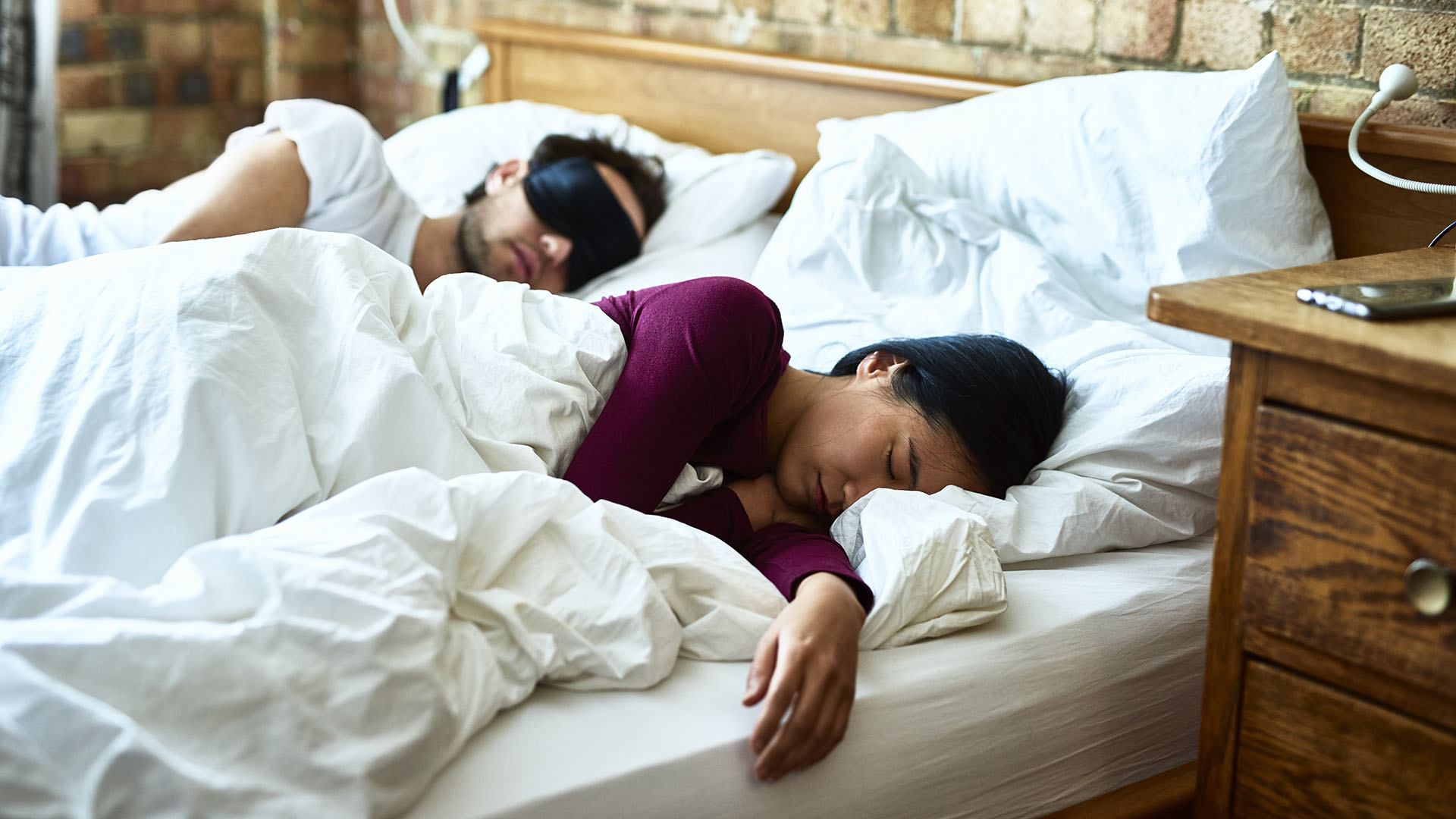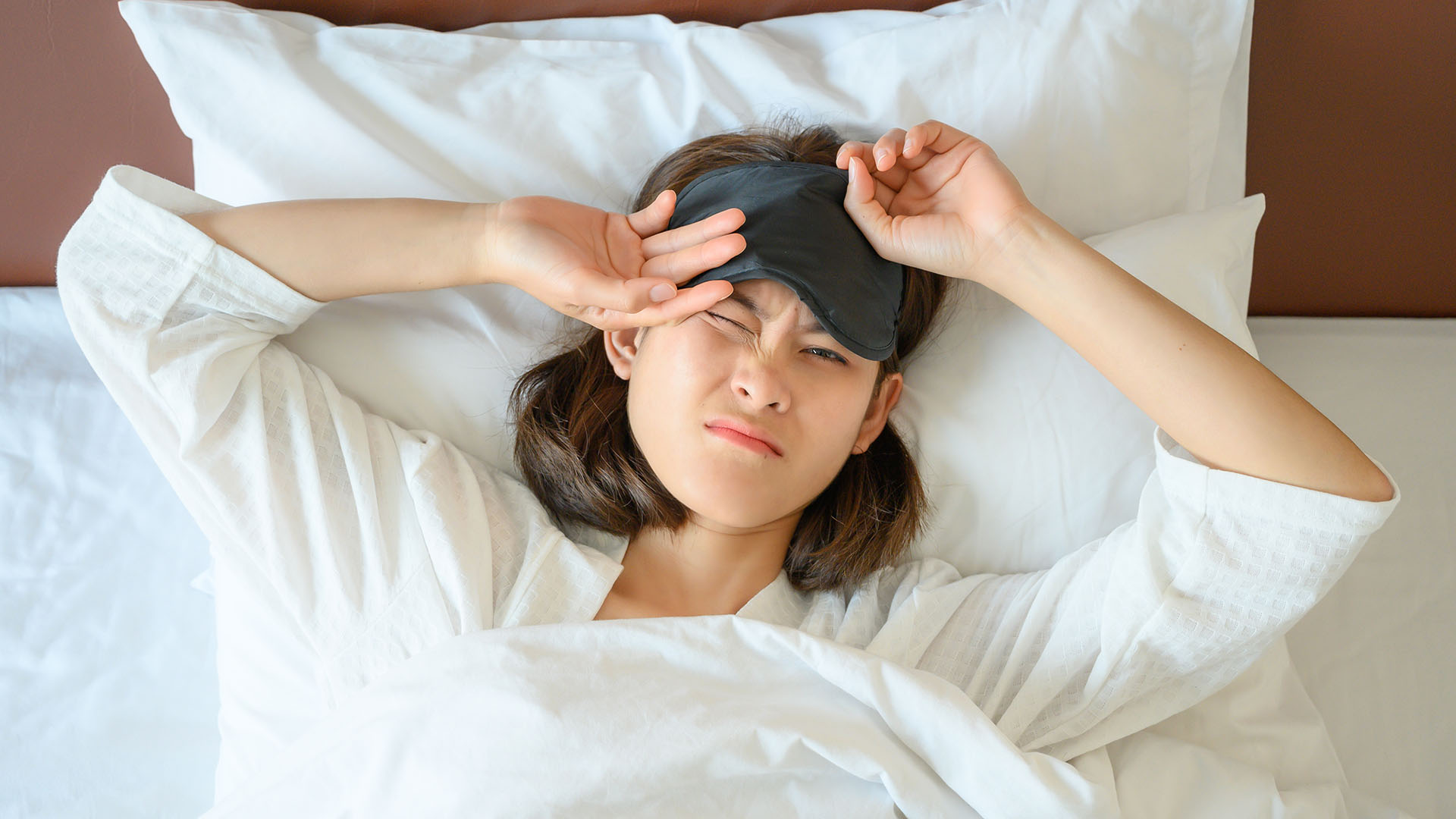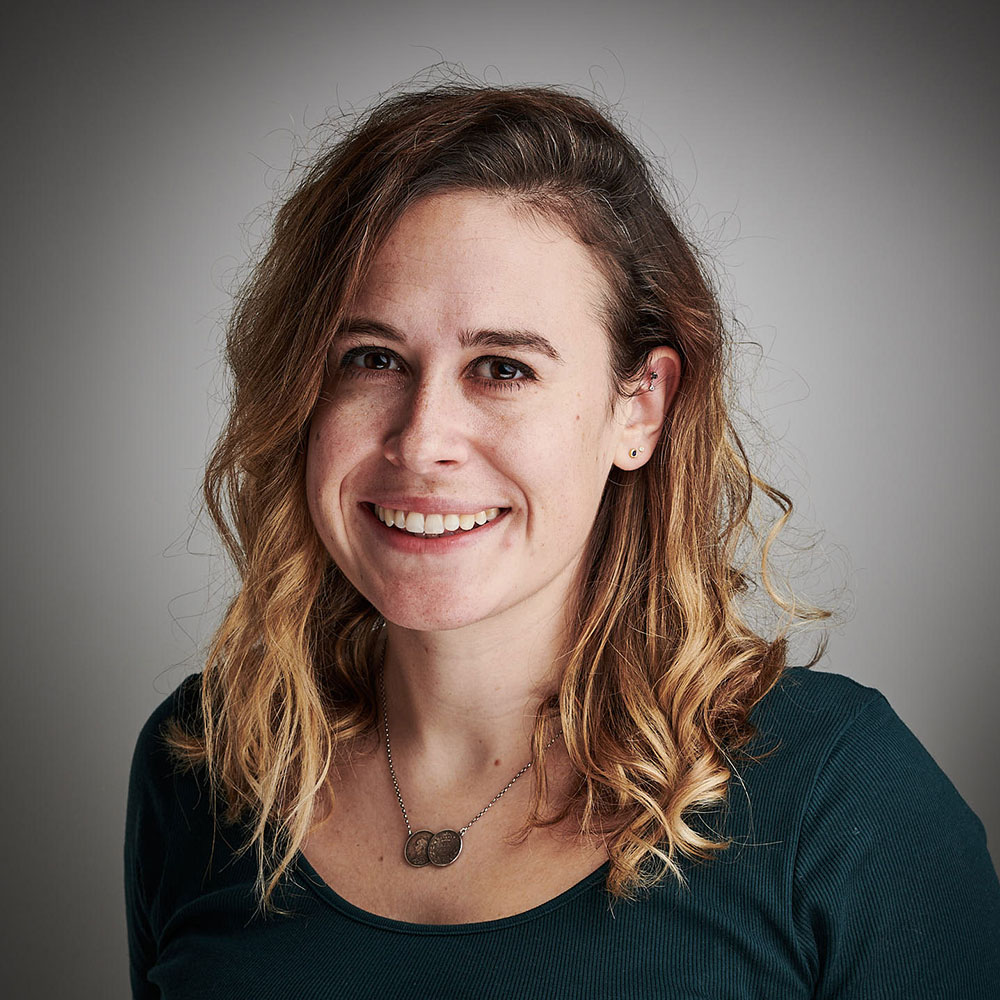Your weekend lie-in is bad for your gut, new study finds
Shifting your sleep schedule by just 90 minutes linked to more 'unhealthy' gut microbes

New research has found that going to bed and waking up later on the weekends could lead to unhealthy changes to your gut bacteria, as well as being linked to having a poorer diet overall. The study digs into the physical effects of social jet lag – the term used to describe a more subtle form of travel jet lag that describes a shift in waking/sleeping hours on the weekend, compared to your weekday schedule – and it's not good news for those who love a Sunday lie-in.
We already know that shift work is linked to all kinds of health problems, but this study digs into far less dramatic sleep adjustments, and habits that are much more widespread. It's common to have a weekend lie-in, and/or use an alarm clock to wake yourself up earlier than you perhaps would naturally on working days. In fact, it has been estimated that around 40% of the UK population has a different weekend sleep pattern compared to weekdays.
Weekend lie-ins vs gut health
The August 2023 study comes from researchers at King's College London in association with nutrition company ZOE, looks at a cohort of 934 predominantly lean and healthy people who generally get enough sleep (over seven hours per night). It found that a fairly subtle shift in weekday versus weekend sleep times was enough to impact on both the gut microbiome and diet patterns.
“Sleep is a key pillar of health, and this research is particularly timely given the growing interest in circadian rhythms and the gut microbiome," says research lead Kate Bermingham. “Even a 90-minute difference in the mid-point of sleep can encourage microbiota species which have unfavorable associations with your health.”

The composition of microbes in a person's gut can have a positive or negative effect on their overall health, with certain microbes being linked to a higher risk for long-term health issues. In this study, the social jet lag group (i.e. those who adjusted their sleep schedule at the weekends) had more of the microbes associated with poor diet quality, obesity and higher levels of inflammation and stroke risk.
Some of the effects on gut microbial composition can be attributed to a difference in diet; the social jet lag group had generally poorer diet quality, with more sugar-sweetened drinks, more potatoes (in all their various delicious forms), and less fruit and nuts. However, the data suggests that there are also other factors involved, and as of yet the researchers don't really know what those factors are. Previous studies have linked social jet lag with weight gain, mental fatigue and chronic illness.
Other benefits
"Maintaining regular sleep patterns, so when we go to bed and when we wake each day, is an easily adjustable lifestyle behavior we can all do, that may impact your health via your gut microbiome for the better," says King's College London's Dr Sarah Berry.
Sign up to get the BEST of Tom's Guide direct to your inbox.
Get instant access to breaking news, the hottest reviews, great deals and helpful tips.
As well as potentially encouraging healthier gut microbes, there are other benefits to maintaining a consistent daily sleep-wake schedule. It's one of the key things recommended to those who have difficulty sleeping (and in fact a key pillar in sleep hygiene overall). Going to bed at the same time every night and waking up at the same time each morning trains your body to recognize when it's time to go to bed and when it's time to take up, which in turn should help you fall asleep faster and wake up feeling more alert.
ZOE PREDICT is an ongoing, large-scale nutritional study. This part of the research used a cohort of 934 people, most of whom are lean and healthy, and consistently get more than seven hours of sleep per night.

Ruth is currently Homes Editor on Tom's Guide's sister site TechRadar, where she reviews and writes about everything from air fryers to vacuum cleaners to coffee machines, as well as the latest smart home gadgets. Prior to making the shift to Homes, Ruth was Tom's Guide's Sleep Editor. A certified Sleep Science Coach, she has tested more mattresses than her small flat can handle and will talk at length about them to anyone who shows even a passing interest.
